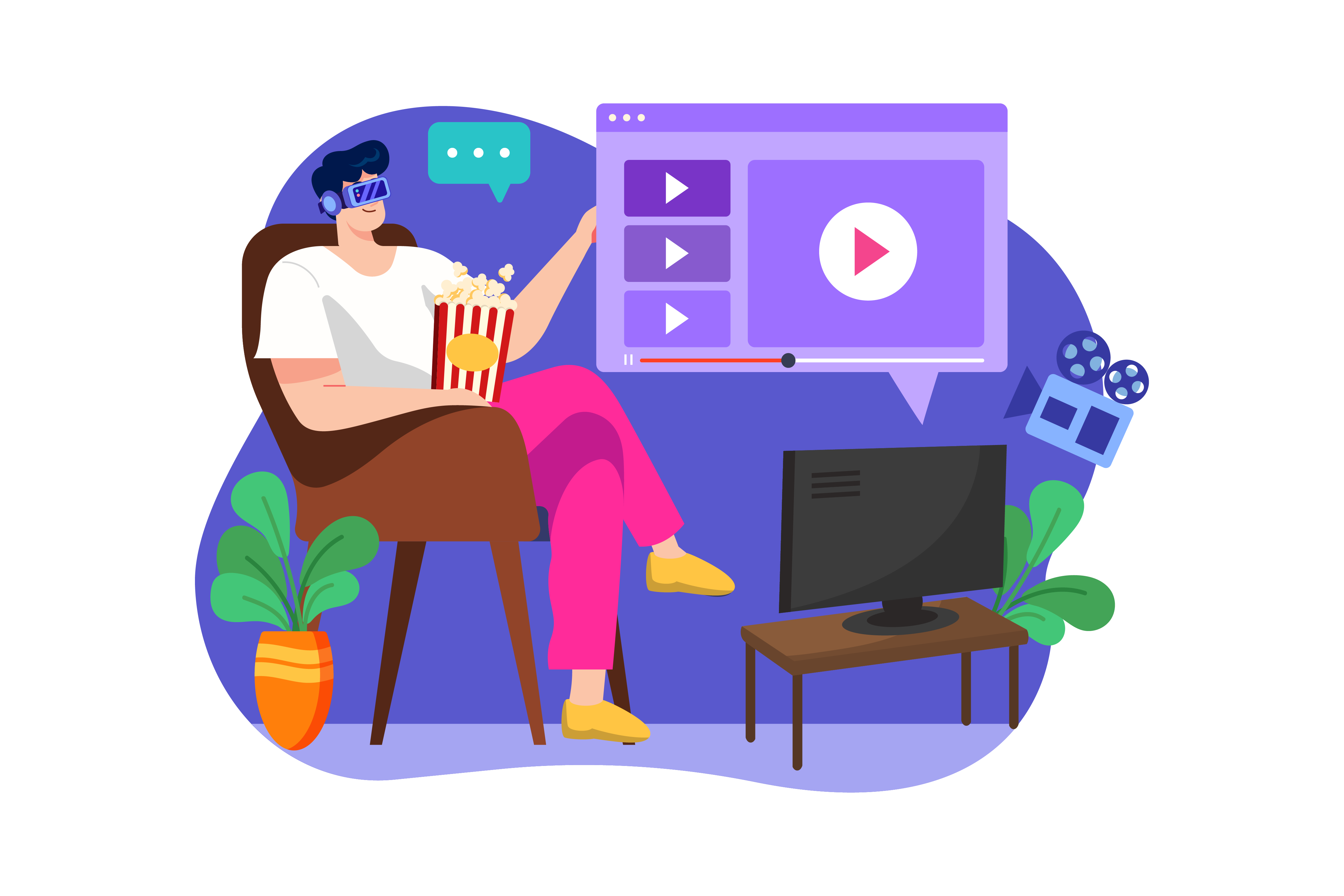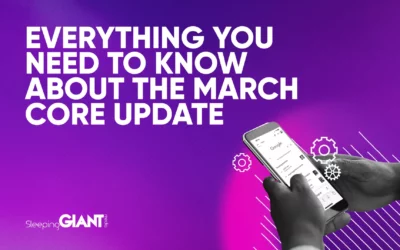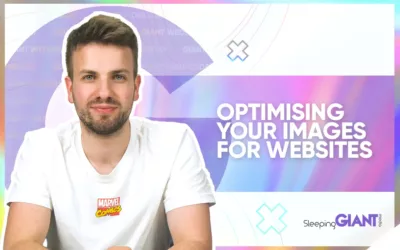
Emerging Strategies in Luxury Goods Marketing
Millennials and Gen-Z have recently been reported reflecting that “prioritising experiences over material possessions is important to their personal life.” When considering how these age groups are expected to account for 75% of luxury goods buyers by 2026, this presents luxury brands with a significant challenge when it comes to engaging the — increasingly young — audiences they are targeting.
Off the back of this, alongside other changes in this sector, new strategies will need to be developed to help luxury goods companies elevate their marketing and stay relevant.
Read on to find out more about the emerging trends and accompanying strategies that are shaping the luxury goods market today.
Emerging luxury goods marketing strategies
Brands are having to work much harder to stand out from their counterparts and reach and engage consumers. This isn’t made any easier by the rising interest in sustainability and conscious consumerism. It’s clear that luxury brand marketing strategies need to be more considered and innovative in order to stay ahead of the curve.
With plenty of experience working with businesses in the luxury goods industry, we know a thing or two about marketing high-value wares to modern audiences. Here are the top strategies that we’ve seen come to the fore in luxury goods marketing recently.
1. Leveraging AI for luxury goods marketing
In the last 12 months, Artificial Intelligence has come to enjoy a status akin to fame, being unanimously heralded as a transformative tool enhancing performance and driving efficiencies across the board — and, for the most part, we’d have to agree.
A prime example of this was London Fashion Week in 2023, where AI’s connection to human creativity was explored as a creative concept, fully integrating this technology into the luxury domain with both elegance and flair.
Selling cutting-edge products, luxury goods brands must also use cutting-edge methods to market those products, in order to accurately convey core values such as quality, innovation, and sharpness. So, you’d be unsurprised to hear that AI has been making great waves in the luxury goods industry as a tool for strategic marketing.
In fact, according to Zipdo, the use of AI in fashion marketing is expected to reach $4,391.7 million by 2027, growing at a 38.20% CAGR (compound annual growth rate). Figures like this illustrate powerfully how pressing the need is for luxury businesses to gain traction with AI technology in order to remain competitive.
But how? Generally speaking, we have seen AI integration appear in two core areas so far:
1) Targeting & strategy 2) Delivery
AI offers endless possibilities for audience targeting options. By harnessing AI, luxury brands have been able to unlock much richer consumer insights about their audiences — even to predict purchasing behaviours and habits ahead of time. Not only does this allow a more precise approach when it comes to the creation of custom messaging, but it allows for marketing campaigns to be proactive instead of reactive.
AI-driven analysis of consumer data can add so much value to traditional insights. As an example, marketing spend can be optimised significantly by using AI to identify the most effective channels and times for engagement.
When it comes to the creation of assets, AI has proved invaluable so far — not only for helping to produce impressive, sharp, and eye-catching images like never before but also doing so quickly. As a caveat, using generative AI for text and images is not a walk in the park; a lot of factors need to be controlled in order to avoid common pitfalls such as hallucinations and misinformation. However, if done correctly, the payoffs are significant.
Why not check out our webinar?
Integrating AI Whilst Maintaining The Human Touch
2. Authenticity & brand personality
The importance of brand authenticity has been on the rise for some time now, but, as consumers actively demand more from the brands they buy from, authenticity will become even more vital to building loyalty and trust.
Customers are increasingly looking for brands that are authentic, open, and honest. In the luxury goods industry, where products are worth significantly more and fake goods pose a potent threat to brand integrity, authenticity is one of the most foundational elements in messaging.
A great example of a luxury brand leaning into authenticity on social media is Kate Spade, a brand that uses its Instagram profile to feature outfit pictures and behind-the-scenes shots of the design process. The behind-the-scenes shots build trust with the customer by removing the fourth wall of a polished, finished product.
Brand personality is also an emerging strategy for luxury brands that plays a significant role in authenticity. Customers are keen to see “the person” behind the brand, and this can be expressed through tone of voice, core values, beliefs, and visual identity. It’s not just about what your brand looks or sounds like – it’s about how customers feel when interacting with your business.
3. AR/VR in luxury goods advertising
Augmented reality (AR) and virtual reality (VR) were relatively untapped elements of digital marketing until recently. These technologies have been increasingly integrated into marketing strategies to great effect – and the luxury goods market has been testing the waters with them too.
A luxury brand retailer that is pioneering augmented reality in their marketing strategy is Flannels, who have reinvented the purpose of their Oxford Street flagship store in order to engage more deeply with their Gen-Z customers. According to a recent article from Vogue Business:
“The 18,000-square-foot store’s primary function is shifting from selling products to acting as a “stage” to exchange and broadcast creative ideas. The idea is to invite influential creatives to act as cultural curators and offer a more intimate look inside their personal universes.”
AR and VR can also be harnessed to enhance digital assets for ad campaigns.
For example, Ralph Lauren has been focusing on creating immersive experiences for their customers, creating virtual stores that immerse customers into the brand’s world. These virtual stores can feature lounge areas and interactive technology that allows customers to personalise their own products.
Keeping a close eye on the developments and functionalities of these kinds of technologies will be essential for luxury brands looking to capitalise on innovation in the near future, particularly when it comes to impressing users with visuals and curating standout experiences. While this technology still feels bold and experimental in nature, it may soon be leveraged in advertising assets or other forms of brand content.

4. Sustainability & luxury goods marketing
Sustainability and ethical practices are becoming an absolute must-have in building brand loyalty among a socially-conscious consumer base. More and more customers are looking for evidence that luxury brands are doing their part to reduce their impact on the environment.
Luxury brands are already starting to pioneer environmental strategies within their marketing. For example, in 2018, Gucci announced its commitment to becoming carbon neutral and launched the Gucci Equilibrium programme, focusing on advancing sustainability in all aspects of the brand’s operations.
Another brand example of pioneering sustainability and ethical practices is Alex Monroe, one of Sleeping Giant Media’s clients and a leader in handmade, sustainable jewellery. Their approach to sustainability includes sourcing materials with as little impact on the environment and reducing their carbon footprint with the aim of reaching zero-net emissions by 2030. The brand has become a firm favourite for royals and celebrities alike, including HRH Princess of Wales Kate Middleton, a keen supporter of sustainable fashion.
5. Targeting custom audiences
Audience targeting has significantly improved in its functionality in the last few years, particularly when it comes to in-platform targeting options for marketers to leverage. Now, it is easier than ever to create a custom audience for ad campaigns — and we are seeing more and more luxury brands use this to their advantage by creating niche audience filters for their marketing efforts.
It’s also possible to exclude unqualified audiences regularly using words like “cheap” and “free” from viewing your ads.
Pinterest is a great social media and e-commerce platform for marketing aspirational and luxury products. It allows users to create audience targeting based on website visitors or email lists, interest targeting based on audience interests, and keyword targeting which focuses on keywords or phrases that audiences are searching for.
6. Utilising social media and influencer partnerships
Lastly, the power of social media and influencer marketing can’t be dismissed when we consider trends that are shaping the luxury goods industry. Many luxury brands are taking advantage of the pros that social media apps, such as Instagram and TikTok, offer in terms of reaching and engaging with Gen-Z and Millennial audiences.
Partnering with influencers is a great way for luxury brands to expand their reach and engage with more diverse audiences. An example of this was Gucci’s collaboration with TikTok trainspotter, Francis Bourgeois. The collaboration resonated well with Gen-Z and led to a significant increase in engagement for Gucci’s campaign.
Elevate your luxury marketing strategy
As new technologies develop, audiences change, and targeting capabilities evolve, marketing strategies for luxury brands are in flux right now. For brands selling high-end products, it is difficult to know where to focus their attention.
At Sleeping Giant Media, we’ve been offering digital marketing delivery, insight, and education to achieve industry-leading results for over 15 years. In that time, we’ve partnered with multiple luxury brands on paid ad campaigns, technical SEO, and content writing to increase website traffic and conversion rates. If you’re ready to elevate your digital marketing strategy, get in touch with our team of experts today.
You can also head to our events page to see our upcoming marketing how-to sessions and webinars. In the meantime, read more about the latest digital marketing news and trends on our blog.
Why not check out our webinar?
Integrating AI Whilst Maintaining The Human Touch
Blog
Everything you Need to Know About the March Core Update
We knew it wouldn’t be long before Google released their first core update of...
Giant Wednesday
How To Optimise Images For Websites
Digital Marketing, technology & business insights, how-to's and explainer...




